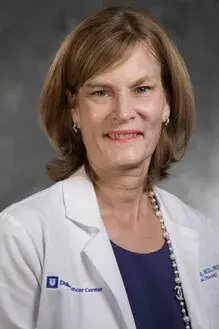The discussion highlighted the intersection between cardiology and oncology, emphasizing the importance of treating the whole person, not just the cancer.
Dr. Dent emphasized the need for collaboration between oncologists and cardiologists, especially in assessing cardiovascular risks and toxicities associated with various cancer treatments.
The conversation touched upon the evolving landscape of cardio-oncology, including the impact of traditional chemotherapy drugs like anthracyclines and newer agents such as immune checkpoint inhibitors and antibody drug conjugates on cardiac health. Dr. Dent emphasized the importance of early risk assessment, proactive monitoring, and lifestyle interventions to prevent cardiovascular toxicity in cancer patients.
Furthermore, the podcast highlighted the significance of incorporating newer tools like Global Longitudinal Strain (GLS) in assessing cardiac function and the need for ongoing research to better understand and manage cardiovascular toxicities in cancer patients. The episode underscored the importance of not only curing cancer but also safeguarding the heart health of patients to ensure they not only survive but thrive post-treatment.
Listeners were encouraged to collaborate with cardiology colleagues, engage in proactive risk assessment, and prioritize survivorship care to provide comprehensive and holistic cancer treatment. The episode concluded with a call to action for oncologists to actively monitor high-risk patients’ post-treatment and intervene early to prevent cardiovascular complications. Overall, the discussion shed light on the evolving field of cardio-oncology and the importance of a person-centric approach in cancer care.
